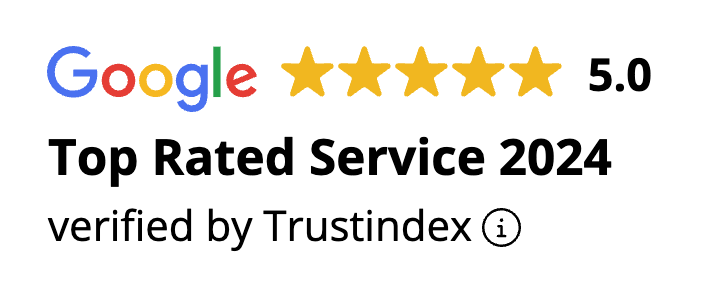Spain is regarded as one of the top destinations for individuals and families looking to relocate abroad. The country’s inviting climate, affordability, rich culture, captivating history, and stunning beaches are just a few of the factors that draw movers.
Renting in Spain provides a distinct experience compared to many other locations, as apartments are often left unfurnished. Upon arrival, many individuals choose to share accommodations to become acquainted with the city. This approach not only encourages social interactions but also helps in meeting new people in an unfamiliar environment, while also reducing living costs.
Education in Spain
In Spain, education is both free and compulsory for children aged 6 to 16. The education system is designed to be straightforward, comprehensive, and efficient, making it accessible even for those who might face language barriers. Families can select between international and Spanish schools. After turning 16, upper secondary education becomes optional. Students can either pursue a two-year program to obtain the Bachillerato certificate, which qualifies them for university studies, or enter vocational training for skilled careers. Higher education begins at age 18, with many Spanish universities collaborating with international institutions to facilitate student exchange programs. These exchanges can last a semester or a full year, offering students the opportunity to learn in diverse settings. Graduates wishing to stay in Spain to seek employment can apply for a work search visa valid for one year, and once they secure a job, they must transition to the appropriate work visa.
Working in Spain
Although Spain’s unemployment rate is higher than the EU average, it is gradually falling, which may lead to increased job opportunities in the future. However, this should not discourage you, as many industries are actively hiring. For English speakers, tourist areas and large international companies serve as excellent starting points. If you plan to work elsewhere in Spain, it’s wise to start practicing your Spanish or Catalan immediately.
Healthcare in Spain
Spain consistently ranks as one of the top countries in Europe for healthcare services. Legal residents have access to universal healthcare, ensuring free medical services for all. Non-residents and expats wishing to access free public healthcare must register with the social security office in Spain, known as the Dirección General de la Tesorería Social, which is located in every city across the country.
Dental Care in Spain
Dental care in Spain is not free, except for services provided to children under 15 and emergency treatments for adults. For regular dental care, you will need to pay out of pocket, or you can opt for private dental health insurance.
Settling into Spain
Upon your arrival in Spain, you’ll need to handle some administrative tasks, such as registering your address (Empadronamiento), making social security contributions, and registering for taxes. We are here to assist you throughout this process.
NIE.CAT pride ourselves in helping expats settle into Spain with any documentation they may be required to obtain.




